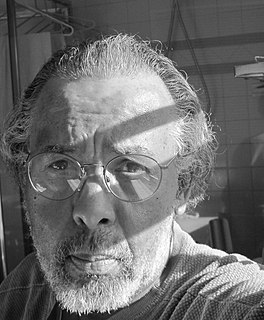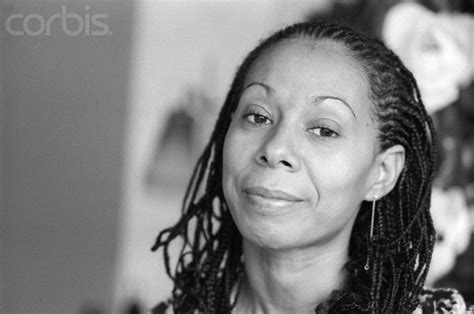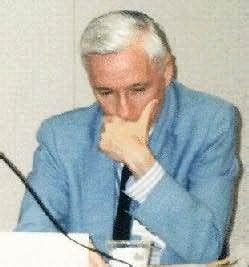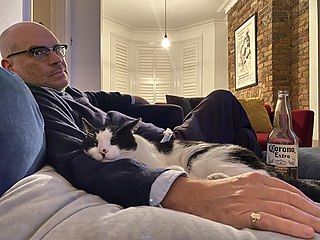A Quote by Claire Messud
If I had to summarize, most broadly, my concerns as a writer, I'd say the question 'How then must we live?' is at the heart of it, for me.
Related Quotes
No man (sic) has learned to live until he can rise above the narrow confines of his individualistic concerns to the broader concerns of all humanity. Length without breadth is like a self-contained tributary having no outward flow to the ocean. Stagnant, still and stale, it lacks both life and freshness. In order to live creatively and meaningfully, our self-concern must be wedded to other concerns.
In the interest of the ethical and moral health of the country, the writer, the poet, the artist, the thinker, must hold a mirror up his or her country and say, look, this is who we are, this is how we live, this is our past, we must own it, forgive ourselves, transcend our transgressions, and become better people. Turning the tide must be a continuous effort.
Do not ask the stones or the trees how to live, they can not tell you ; they do not have tongues; do not ask the wise man how to live for, if he knows , he will know he cannot tell you; if you would learn how to live , do not ask the question; its answer is not in the question but in the answer, which is not in words; do not ask how to live, but, instead, proceed to do so.
Then they began to say: 'Yes, but how can we know what is God's Word, and what is right or wrong? We must learn this from the Pope and the councils.' Very well then, let them conclude and say what they please, yet I will reply, you cannot put your confidence in that nor thus satisfy your conscience, for you must determine this matter yourself, for your very life depends upon it. Therefore God must speak to your heart: This is God's Word; otherwise you are undecided.
This above all-ask yourself in the stillest hour of your night: must I write? Delve into yourself for a deep answer. And if this should be affirmative, if you may meet this earnest question with a strong and simple "I must," then build your life according to this necessity; your life even into its most indifferent and slightest hour must be a sign of this urge and a testimony to it. Then draw near to Nature. Then try, like some first human being, to say what you see and experience and love and lose.
I was in Korea. I've noticed all my life I see elderly people who have been close to death in an illness and they're absolutely cured and they say, now I know how to live my life. I've seen death. That happened to me when I was 19. It was a terrible, terrifying thing. And I live my life like those people decided to do when they were old. So, since I was 19, I've had the most fun possible every single day, even when I had a rough life. It was the army which taught me about life, and the theater which taught me how good it could be.







































